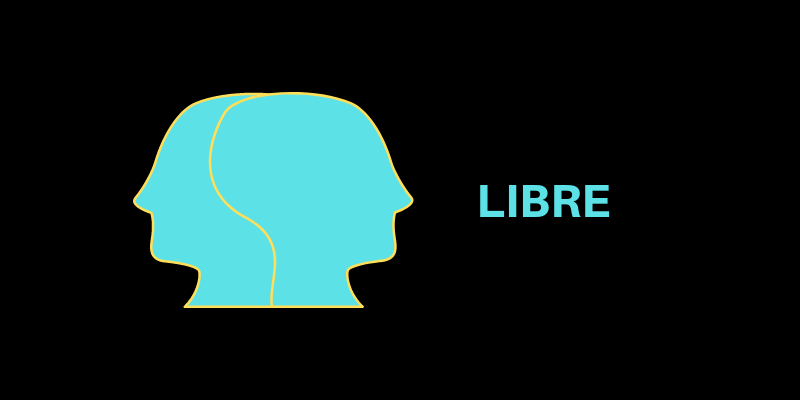I’m not an official volunteer or anything but since its early days I’ve been following the progress of the Free Knowledge Communities initiative, I’ve followed the guidelines for developing resources and pretty much tried to use all the documents as guidelines for how to participate. Here’s the Free Knowledge Communities Homepage.
Here’s the Wikibook on Free Knowledge Communities and FLOSS in Education.
The first thing to do is visit this page , download all the documents and read them.
What is free knowledge?
Free knowledge implies freedom to read, listen to, watch, or otherwise experience explicit knowledge1 to learn from, copy, adapt and use it for any purpose; contribute new insights and share these for the common good; and all of this with free software2.
A draft manifesto for free knowledge communities
Free knowledge communities value:
- the members and the diverse perspectives they bring,
- the knowledge with which they work, and the freedom to share it,
- the community’s ability to collaborate on managing the quality of its shared resources (e.g. through peer review and collaborative knowledge generation),
- the freedom to express and use this knowledge responsibly, and
- the opportunity the free knowledge approach offers for networked communities to make a difference collectively, towards a sustainable world.


